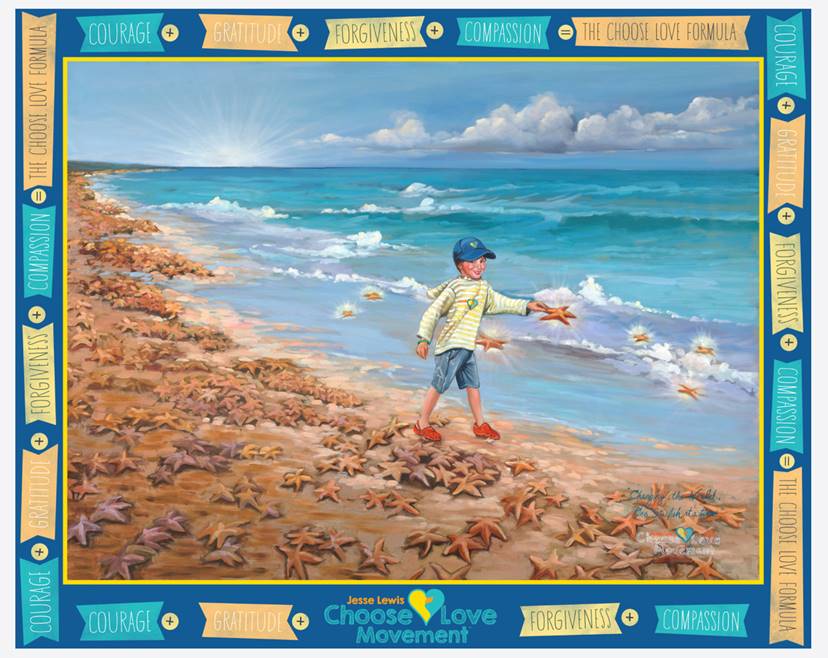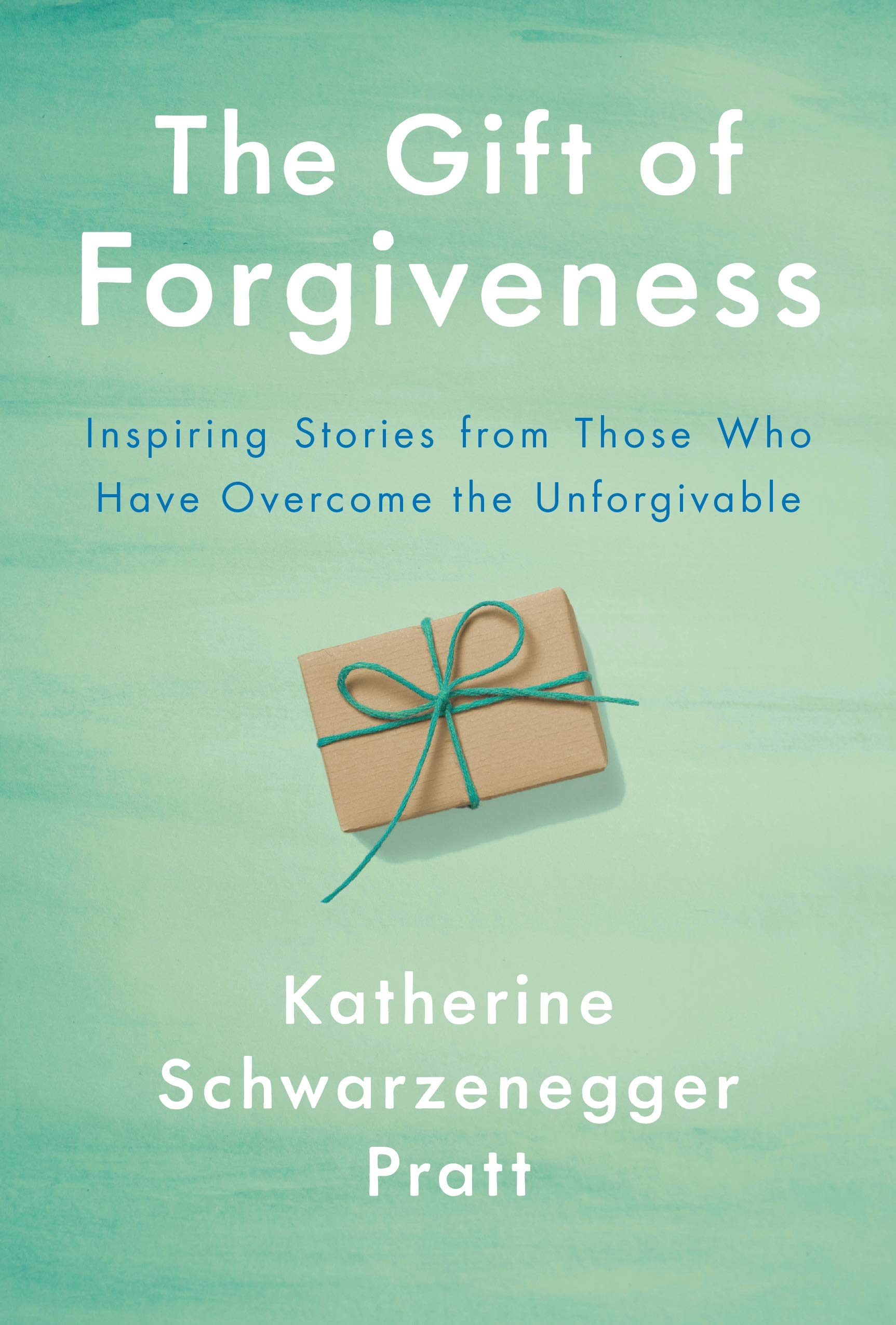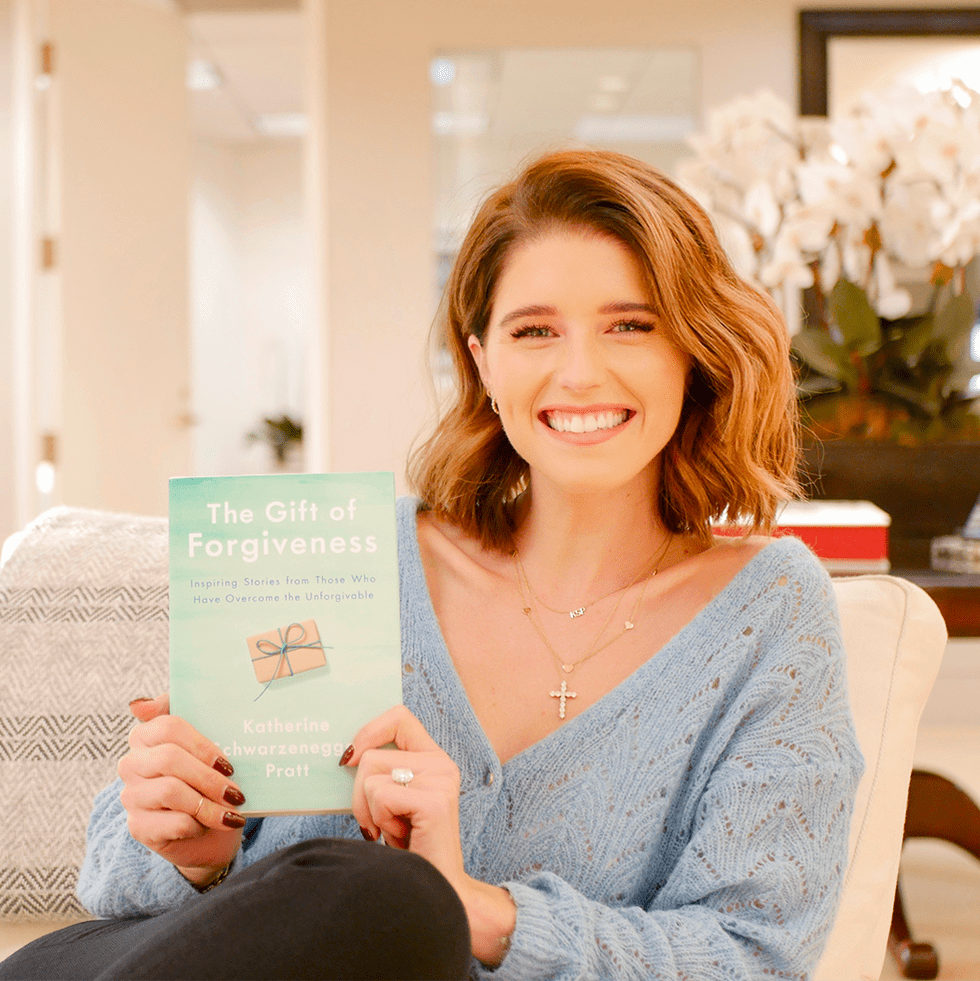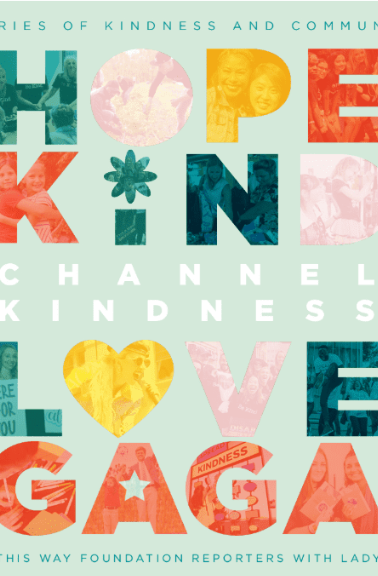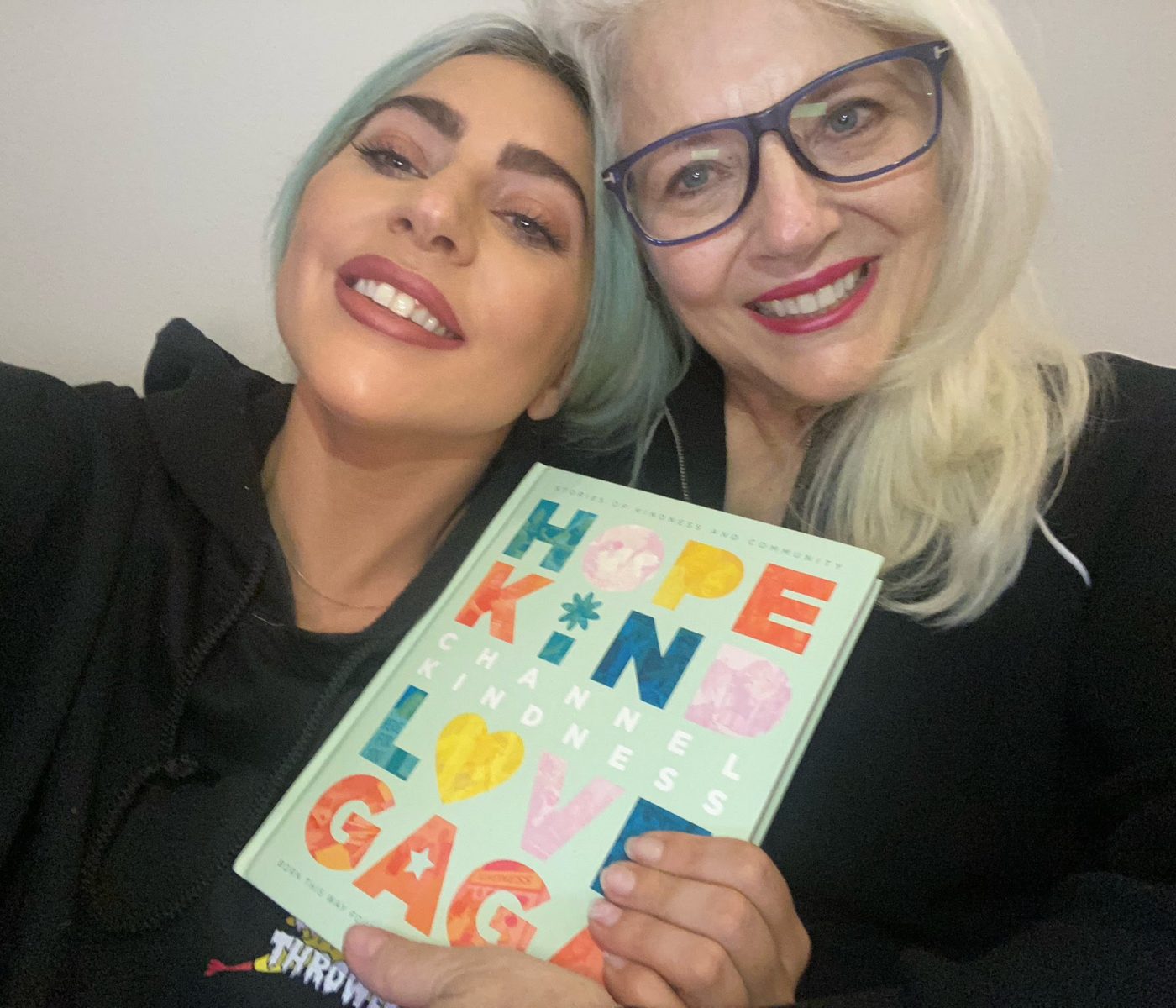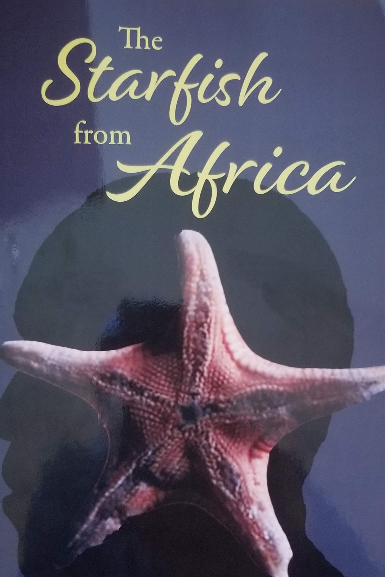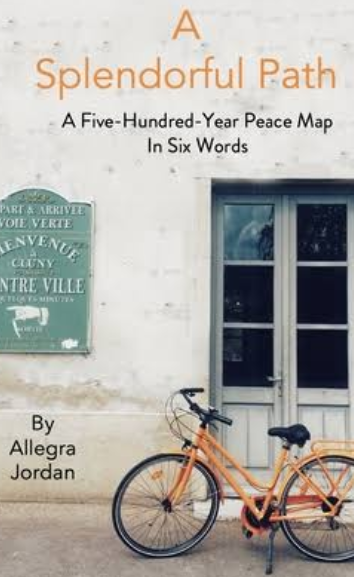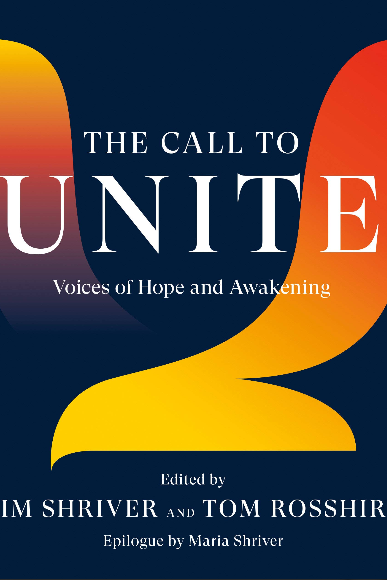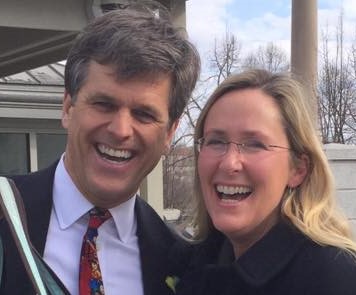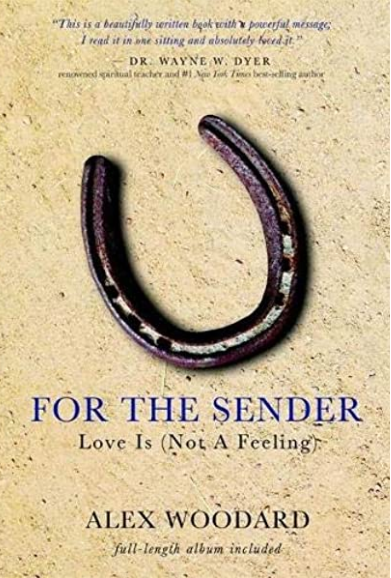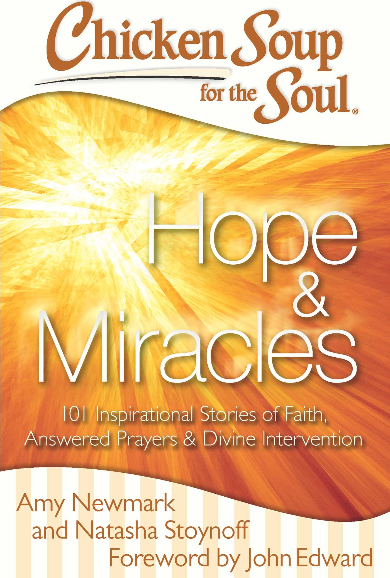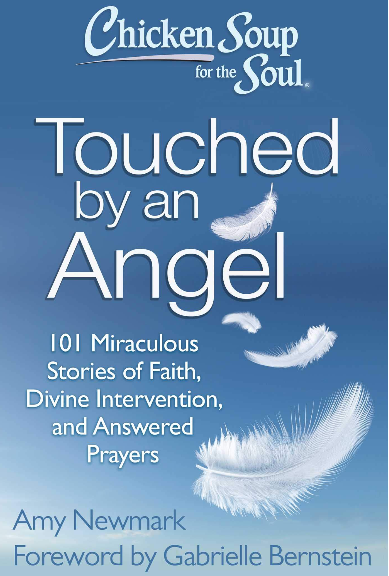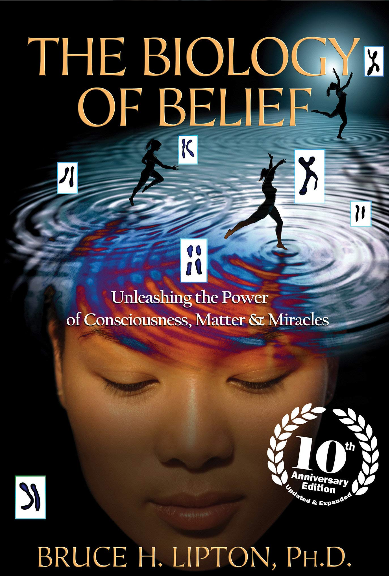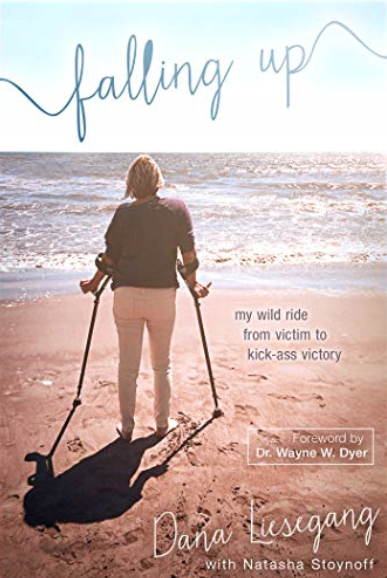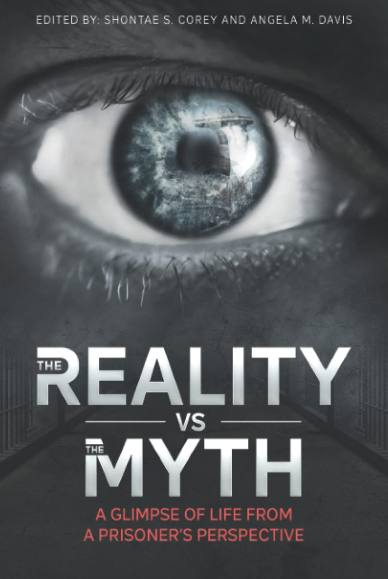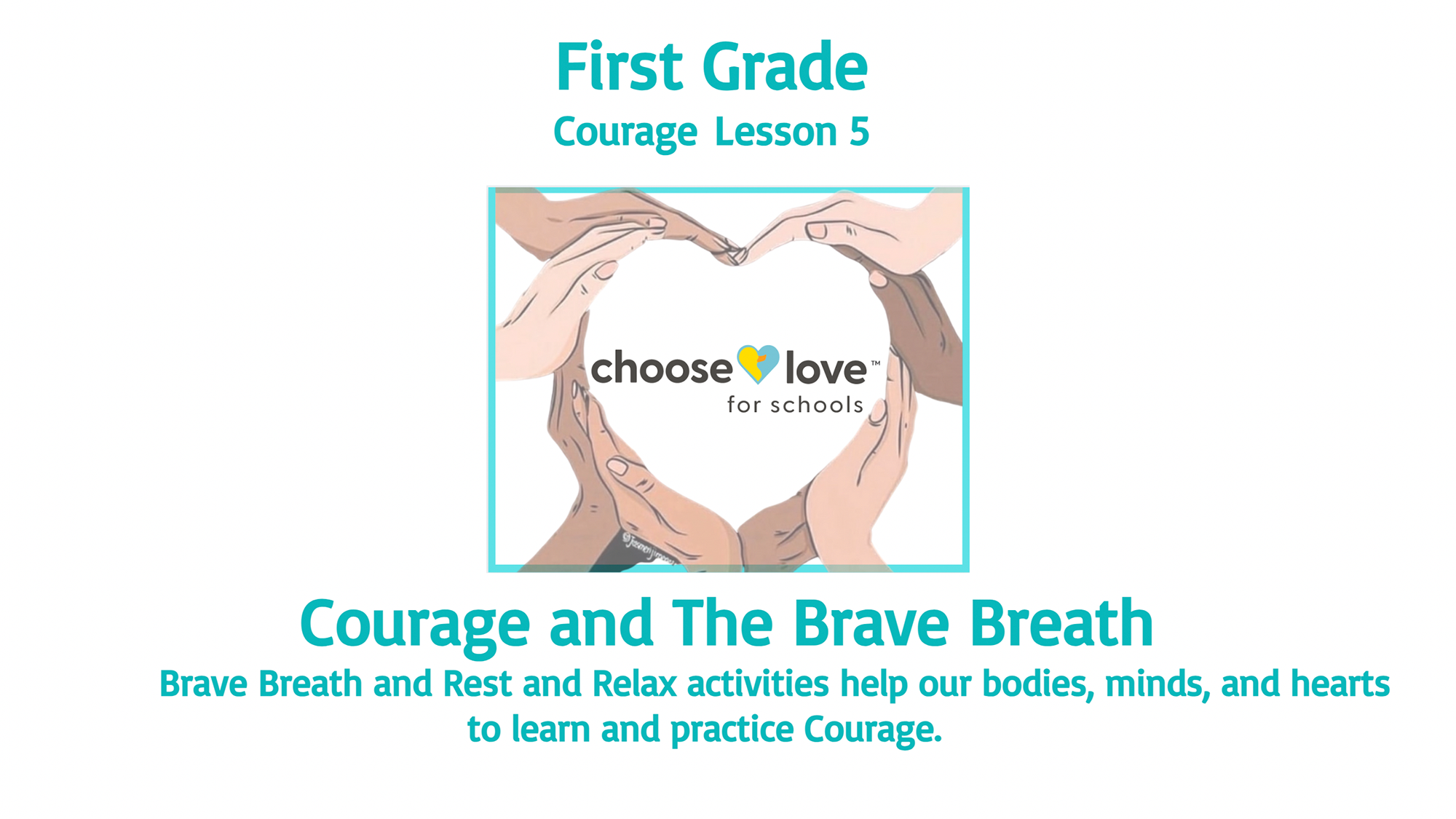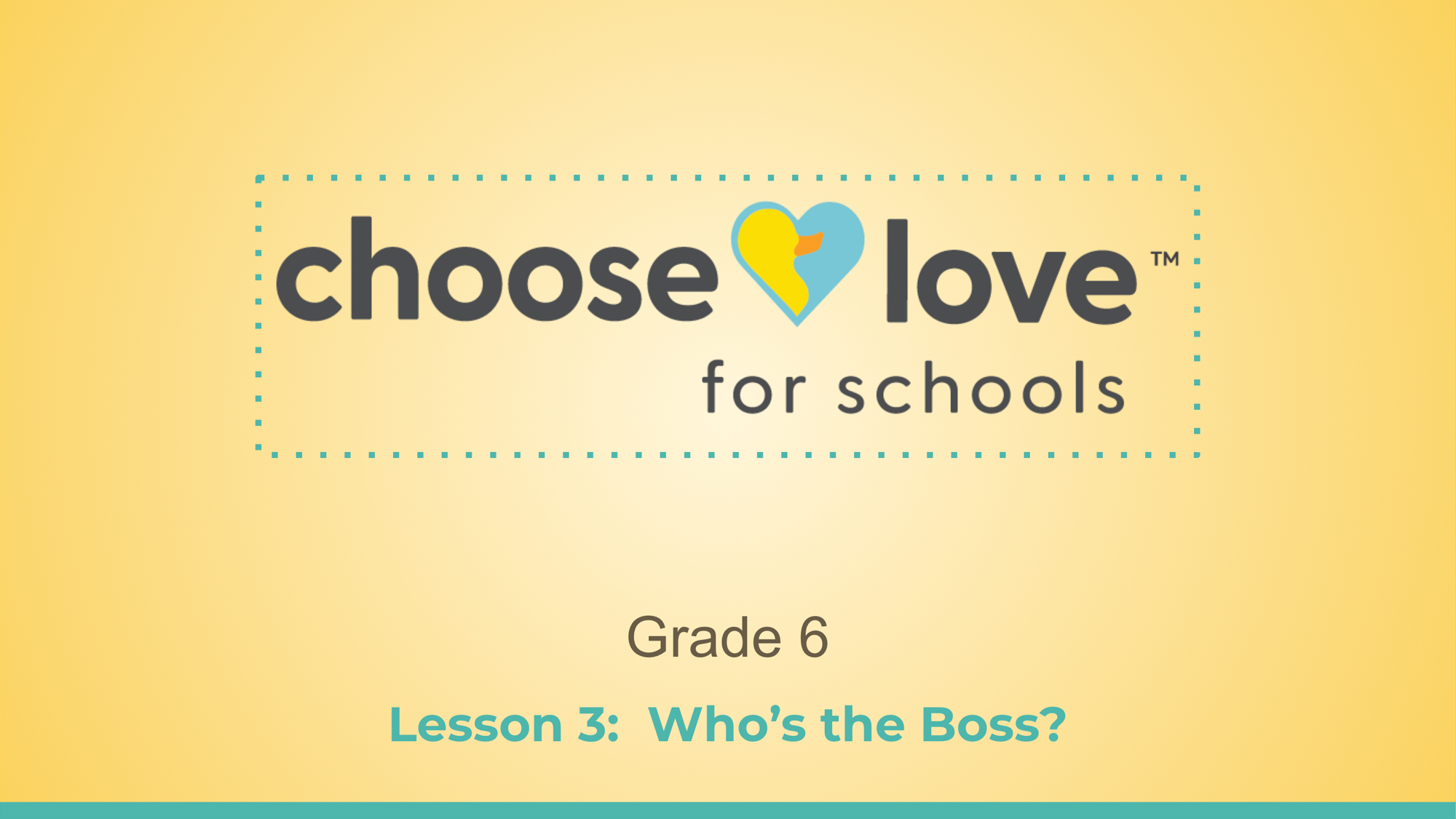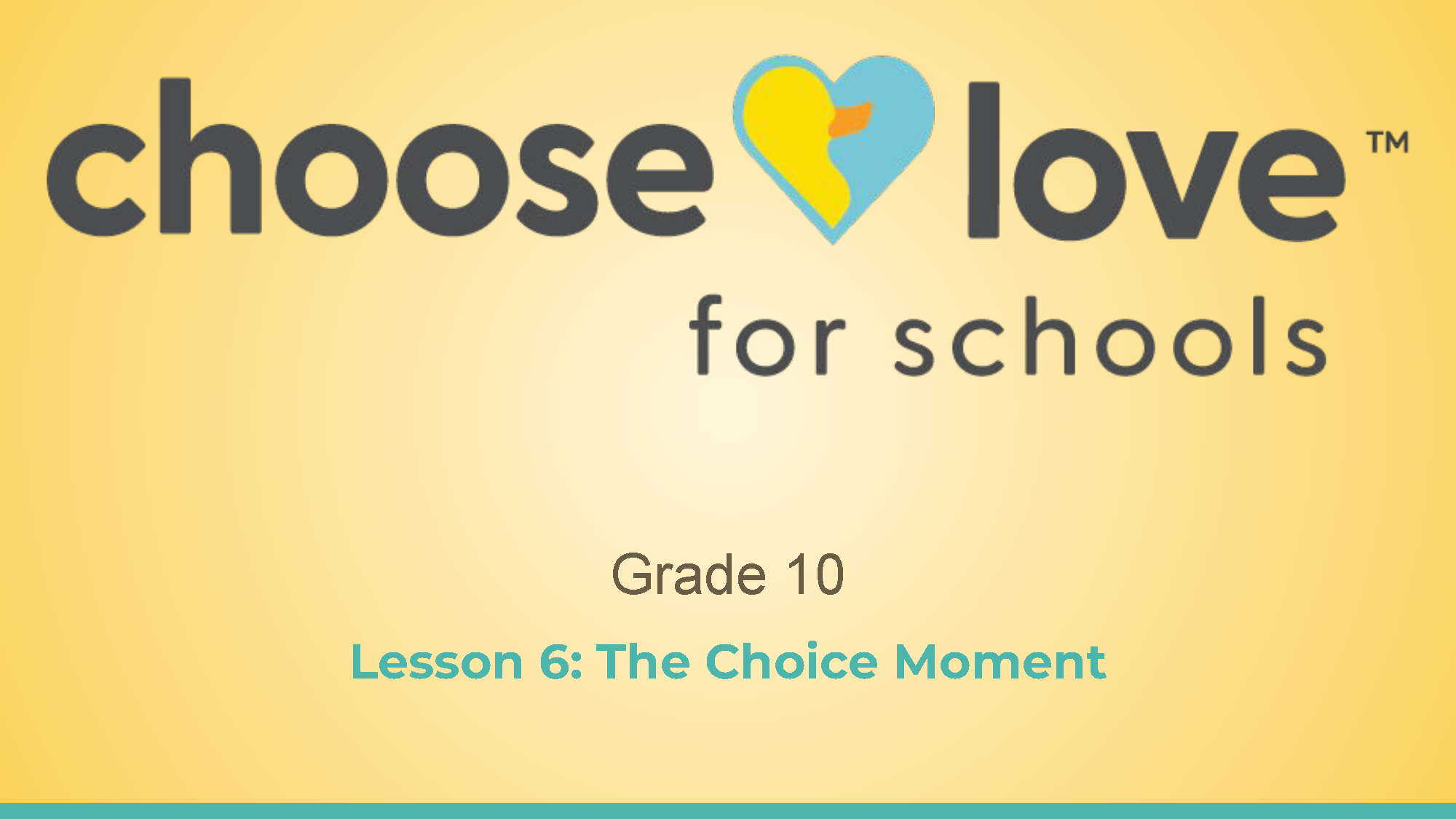My dear friend, Linda, is currently recovering from her second heart transplant due to congenital heart failure. This time she received a kidney, as well. We have been friends for decades and I have learned tremendous life lessons from her as I watched her face death many times. I’ve translated this wisdom to my own life and it has helped me move through the murder of my young son in his first grade classroom at Sandy Hook Elementary School. I also use what I’ve learned to effectively manage a nonprofit that serves millions of children around the world. We can also use what we learn from Linda to navigate 2021 — our brave new world.
Linda was diagnosed with congestive heart failure at age 14 and was told by doctors that she would eventually need a heart transplant. When Linda was young her mother died from the same issue and had unknowingly passed this down to all of her children. Linda was a single mother in her early 30’s when her original heart was replaced. One night she awoke with much more pain and discomfort than usual and was taken to the hospital. There she was tethered to a machine by a ten foot cord to wait for a heart.
A few years prior, she had taken in her three young nephews after her younger sister died from a lesser heart malfunction. From her hospital bed she made arrangements for them to be disbursed to relatives in different states. Her young son was taken in by cousins who lived nearby so he could continue to attend his school. With a few phone calls she hired a moving company to downsize from a four bedroom house to a more affordable apartment. She filed for disability and waited. The first time she was hospitalized and waited for her new heart for several months. The second time, almost eight months.
I recall one day going to a water park with Linda and her son during a visit right before her first transplant. She sat under a water fountain which was the only way for her to stay cool as her body couldn’t regulate its temperature. She smiled broadly as she enjoyed the refreshing water flowing over her body, completely in the present moment. We both knew what she would be facing yet she was able to find joy in small moments.
Linda has now successfully endured two heart transplants and was home recovering from the second by Christmas. I often comment on her attitude because I’ve never seen her complain. “What good would it do?” she responded as she headed in for a weekly biopsy. Watching Linda maneuver her life circumstances with strength and grace has helped me in my life and I have incorporated these essential skills and thought processes into some of the lessons we teach in the free lifespan programming offered through the Choose Love Movement to schools, homes, communities, and the workplace around the world.
-
Perspective: Oftentimes our individual viewpoint includes our own history — the good, the bad, and the ugly. It helps when we bring in an outside influence to encourage a deeper understanding of the situation and to boost our strength and courage. For instance, when we see what others have faced, endured, and excelled in, it places our own issues into context and offers the possibility that we can do it, too. This also adds a frame of reference that can help us realize that what we face isn’t as bad as we had originally thought.
-
Present moment: When we’re able to be in the here and now it offers the ability to recognize micro-moments of joy that we might otherwise miss in the busyness and distraction of everyday life. It is helpful to bring yourself back to the present moment in order to check yourself and establish reality. Because of our natural negative bias most of our thoughts are negative and repetitive. This negativity can include fear and anxiety, even worst case scenario thinking. When you bring your thoughts to the present moment you realize you are safe and this gives you the ability to determine how you will respond to a situation or circumstance.
-
Thoughtful response: When we pause between what is happening and how we respond, it gives us the space to be able to choose our response. When we thoughtfully choose our response we are doing this from the logic and reasoning part of our brain. Basically, we are in control when we choose our response rather than allowing the situation to control us by reacting impetuously and in fear or anger.
-
Choosing love: There is a powerful formula that can lead us to choosing love as a thoughtful response. It starts with courage. We can gain courage by breathing deeply before responding to what is happening. Then we can shift our thinking by choosing a grateful thought over a negative or fearful one. We can only focus on one thought at a time so this is a valuable tool to use when we want to move into a more positive mindset. Forgiveness enables us to take our personal power back by cutting the cord to what hurts us. This strengthens us to be able to step outside of ourselves to help others. Compassion-in-action is when we identify the need of another and then actively do something to help. When we do this, all the love we give comes back to us.
-
Practice: All of this takes thoughtful consideration and effort on a regular basis. We must practice in order for it to become wired in our brain as a natural response. It’s worth it because it can help us become happier and healthier as well as be a compelling example for others to follow.
With all that Linda has endured throughout her life she answers the phone each time with a cheerful, “Well hello!” Her exuberance comes from an understanding that each day could be her last. She lives in gratitude for each moment she ‘gets’ to live, for the person who chose to donate their organs before they died, and for the opportunity to look into her son’s eyes one more time. I watched her embrace the preciousness of her existence and the courage she had when facing transplant surgery from which she might not have emerged. I asked her once, “Don’t you ever consider how unfair your situation is? The things you’ve been forced to forgo because of your health, like having other children or needing to relocate to be near a certain hospital?”
Her philosophical response: “I have a choice to focus on what I have or what I lack. Clearly one will enhance my life and the other will not. The decision is clear. I have had many more years than the doctors predicted. I have done so much in my life. I have loved and am loved. What else is there?”
Let’s remember Linda’s words as we begin our foray into 2021. This is a new world we’re entering, in fact every day is a brand new opportunity to begin anew, to focus on what we have, and to choose love and be grateful.
Love,
Scarlett Lewis

